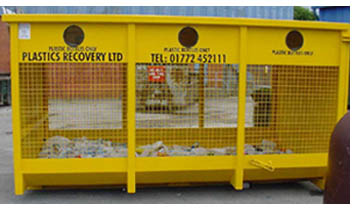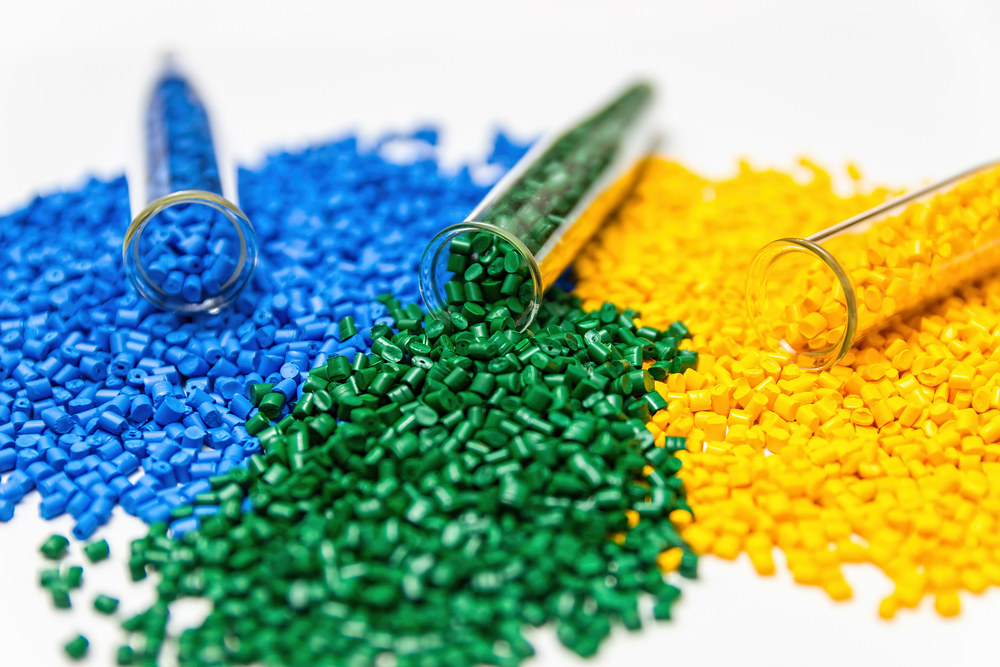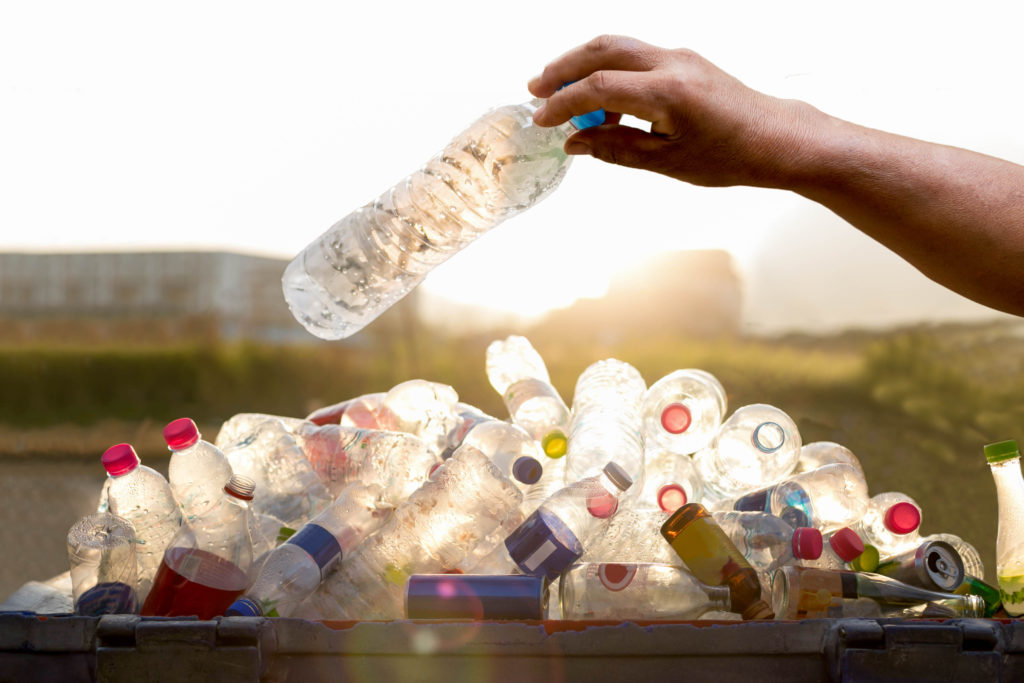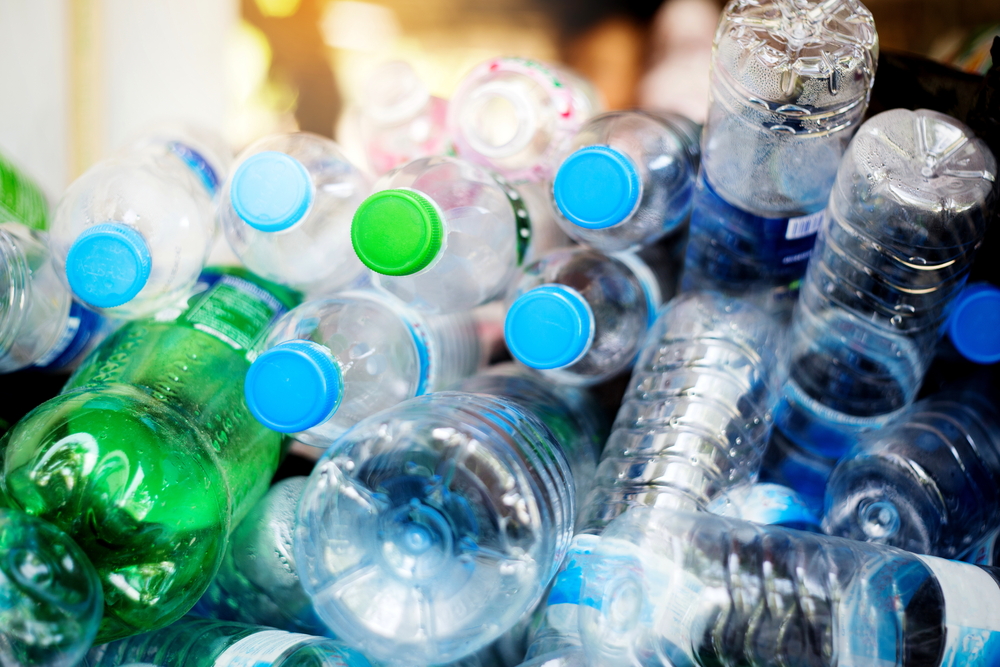The decision to expand a trial scheme county-wide comes following the success of the trial and demand from the public for the service, explained Lancashire waste minimisation officer Andrew Coombe.
In the past six months more than 6.5 tonnes of plastic bottles – more than 100,000 bottles – have been recycled from the Farington site which was used for the trial. Current rates for the site are around 8,000 bottles a week.
The sites are managed by SITA UK but the plastics recycling work is handled by Preston-based Plastics Recovery Ltd. Skips are now in place at 12 sites in Lancashire and they take plastic bottles made from PET and milk containers made from HDPE.

Wash and squash
Phil Strutt of Plastics Recovery Ltd, said: “People often can't believe just what the plastic collected is turned into and recycling it is so easy. All that we would ask is that people remember to wash and squash the bottles before putting them in the skip allowing us to recycle more each time. This means washing the bottles and then squashing the air out of them before putting the lids back on the bottles.”
Loss leader
Precise costs of the plastics recycling scheme have not been disclosed although the county is understood to pick up a bill for having the material removed from its sites. Mr Coombe explained: “The attitude we are taking with it is as a loss leader, a bit like a supermarket selling sugar at 10p a bag. We kept getting asked by the public about plastics recycling as they understand well that you can recycle glass and paper but kept wondering why plastics weren't recycled.”
Mr Coombe continued: “The scheme is costing us money but if we can persuade people to continue to use the plastics recycling banks then hopefully we will see them increasing their use of our other recycling facilities such as for wood, batteries and green waste.”
Introduction of the banks has been carried out with the support of district councils as part of the county's approach of working together with other authorities.










Subscribe for free